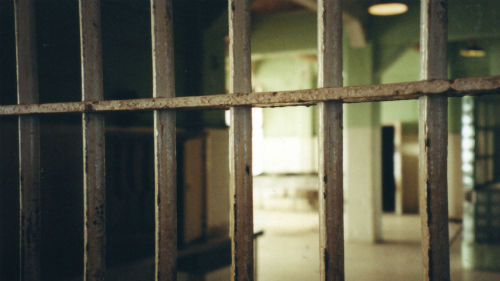HRCM launches inquiry into Malé jail altercation
Several inmates and prison guards at the Malé jail sustained injuries Sunday night after “a random cell check” escalated into a violent confrontation. “The inmates aggressively pushed and shoved prison guards who attempted to conduct the check,” said the Maldives Correctional Services’ spokesperson.

30 Mar 2016, 09:00
Several inmates and prison guards at the Malé jail sustained injuries Sunday night after “a random cell check” escalated into a violent confrontation.
Maldives Correctional Services spokesman Hassan Ali told The Maldives Independent that some inmates had refused to allow prison guards to inspect their cell.
“The inmates aggressively pushed and shoved prison guards who attempted to conduct the check, prompting the Emergency Support Group of MCS to take immediate measures to control the situation,” he said.
Several inmates sustained cuts and bruises during the altercation, Ali said, and one inmate suffered a wrist fracture during the ESG officers’ attempt “to control the situation to ensure no serious rioting occurs.”
Become a member
Get full access to our archive and personalise your experience.
Already a member?
Discussion
No comments yet. Be the first to share your thoughts!
No comments yet. Be the first to join the conversation!
Join the Conversation
Sign in to share your thoughts under an alias and take part in the discussion. Independent journalism thrives on open, respectful debate — your voice matters.




